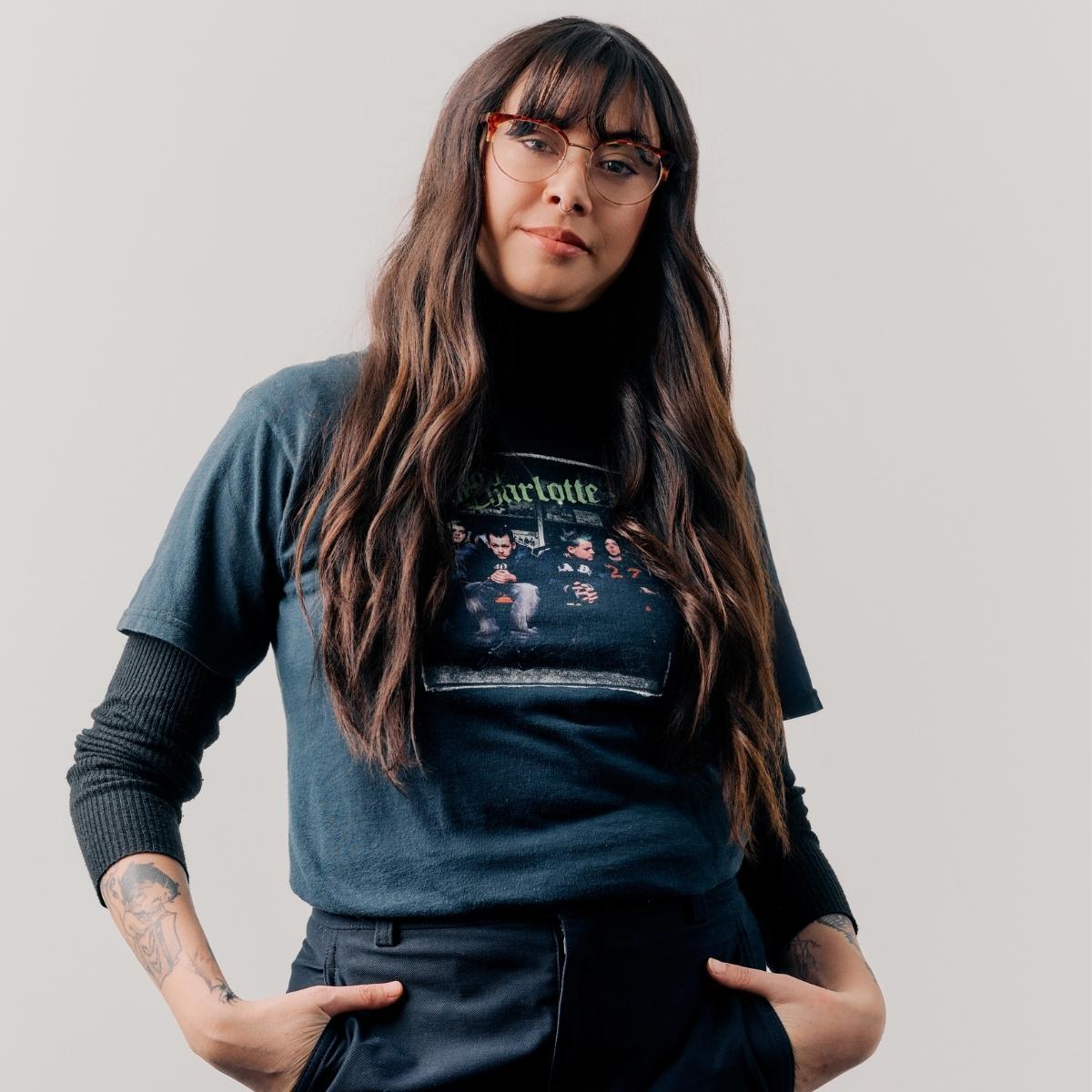At 78-years-old, Calypso Rose outlasts the likes Beyonce, Whitney and Aretha when it comes to diva longevity.
The Tobagonian singer rose to fame in the sparkly but subversive Calypso genre, where she was the first woman allowed to perform commercially.
On the surface, Calypso music can seem frivolous and fun, but it is often veiling witty critiques of our society beneath.
During her 50-plus-year career, Calypso has toured alongside legends like Bob Marley and has recorded more than 20 albums. Since the 1960s, her music has made her the life of the party, but also carries powerful messages against injustice.
Her latest album, 'So Calypso', was released last month.
Is it fun to introduce calypso music to a new generation?
[Calypso Rose] Yes. I'm really happy to see so many young people at my shows and these young producers remixing my songs.
Are you slowing down on your party lifestyle as you get older?
No (smiles).
What do you credit for your career’s immense longevity?
First of all, my fans. Without them I cannot be where I am today. But also my entourage: Nathalie my special assistant, my music label, Azimuth my touring agent, Jean Michel my manager, Ivan my producer with a special credit to Manu (Chao)!
What lessons have you learnt about the music industry after all the time you’ve spent working in it?
After the big wave of Calypso music in the '50s, this music was ignored by the industry and the media. But it is a question of wave [sic] and now Calypso music is enjoying a revival and is supported by many labels and young producers, and it is a good thing… the lesson is: be patient, believe in yourself and your art.
Would you call yourself a ‘diva’? Where does your confidence come from?
Yes of course. From the great God above.
What’s your favourite part of performing live?
Dancing and smiling, seeing the audience feel my vibes to give them happiness, especially young people who are dancing with me on stage. I enjoy the Calypso, the show and the great band who is backing me.
You were brought up in a Tobagonian village and grew to tour the world with your music. Have your travels influenced your music?
Of course. I live in NY, was born in Tobago, started my career in Trinidad, travelled the world to perform from New Zealand to Canada and North Africa. My 'return' to Africa, twice in Benin, was a strong influence for songs like 'Back To Africa', 'Israel By Bus' and especially 'Wah Fu Dance' with Angelique Kidjo that you can find in my latest album 'So Calypso', which I heard will be released in Australia.
You’ve had the opportunity to be mentored by and tour with musical greats, like Bob Marley. Who else do you think has taught you the most?
Miriam Makeba and Michael Jackson, who I had the chance to meet in Trinidad when I won the Trinidad Road March competition in 1978.
What has been the biggest challenge of your career? How did you overcome it?
Life is a permanent challenge. Have faith in God and in me.
What are you most proud of achieving?
In 1978, I was the first Calypsonian woman entertainer to be proclaimed 'The Calypso Monarch'. And in 2017, I was the first Caribbean woman entertainer to receive the French Grammy award, the Victoire de la Musique, in Paris.
Your song 'No Madame' is credited with starting the fire which lead to legal reform, improving conditions for domestic servants. Why do you think music has this power to create social change?
When I wrote 'No Madam', an Italian journalist write about it [sic] so the government of my country, Trinidad and Tobago, had to introduce a minimum wage for the civil servants. That is the power of music especially Calypso.
Calypsonians were the reporters of the nations [sic] before internet and all the medias [sic]; their opinions were influencing the people and the streets.
What does it mean to you to have been the first female calypso monarch? What still needs to be achieved in the fight for gender equality?
The Calypso Monarch was created because I won this trophy, which was called Calypso King, so they had to rename it!
All my life I fought for gender equality. Imagine a woman in the machismo world of Calypsonians in the '60s and '70s. My songs such as 'Abatina' (who I compared to Melania Trump), 'Leave Me Alone' (an anthem for groups fighting against violence toward woman) and 'A Man is A Man' in my last album 'So Calypso ' are all example of that fight.
What advice would you give your 16-year-old self?
Do everything the same as I did. Don’t change. Fight to be yourself.
Who is your best friend?
Jesus and my audience.
'So Calypso!' is available now.








